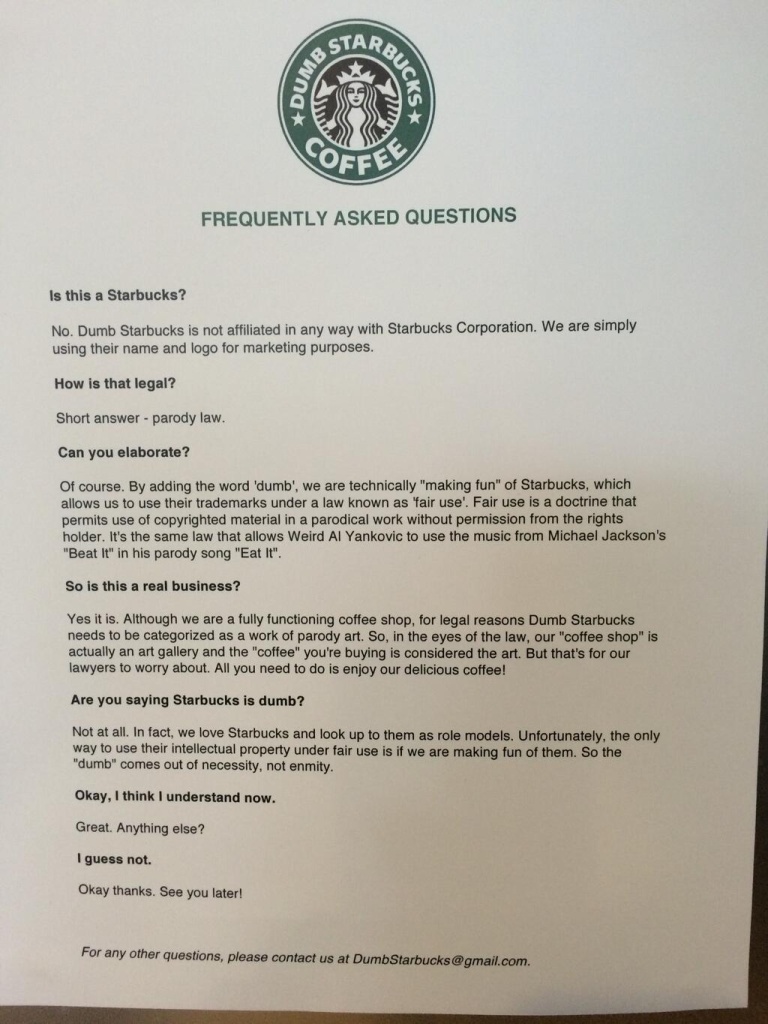Toronto’s Pan Am Games organizers appear to have been living in a cave without an internet connection for the last 15 years:
The organisers of the Pan American Games in Toronto, which start this week, require that people seek formal permission to link to its website at [toronto2015 DOT org].
Under the website’s terms of use, amid piles of incomprehensible legalese seemingly designed to hide from the fact that social media exists, it is decreed that no one is allowed to use one of those hyperlink thingies to connect to the website unless they first get approval. It reads:
Links to this Site are not permitted except with the written consent of TO2015™. If you wish to link to the Site, you must submit a written request to TO2015™ to do so. Requests for written consent can be sent to branduse@toronto2015.org. TO2015™ reserves the right to withhold its consent to link, such right to be exercised in its sole and unfettered discretion.
Eagle-eyed readers will have noticed that the $2bn sports event – effectively a mini-Olympics – also appears to have trademarked the term “TO2015.” Which makes about as much sense.
Incredibly, this is not a misreading of the terms, and it doesn’t appear to have been a mistake either. Instead, it’s about the increasingly insane approach that intellectual property lawyers are taking to sponsors – and non-sponsors – of sporting events.
Alongside such gems as forcing people to put tape over their own computers if a computer company is a sponsor, and stopping people for drinking anything that isn’t a sponsor drink (if there is a drinks sponsor), now it seems the Pan Am Games lawyers have decided they need to prevent the internet from entering the hallowed sponsor world.
Strictly speaking, anyone who links to the website or even anyone who uses the games’ own hashtag of [hashtagTO2015] is violating its terms, and could be sued. Although not a court in the land would actually enforce it.
Notice that, as I live in Canada, I’ve carefully obfuscated the URL and the hashtag so you don’t accidentally click on them and violate their intellectual property right claims or anything. I suspect this will be the only actual coverage of the games I’ll be posting, just to be on the safe side. Discussion of the financial side, or the disruption to normal life in Toronto caused by the games, of course, is still fair game.




